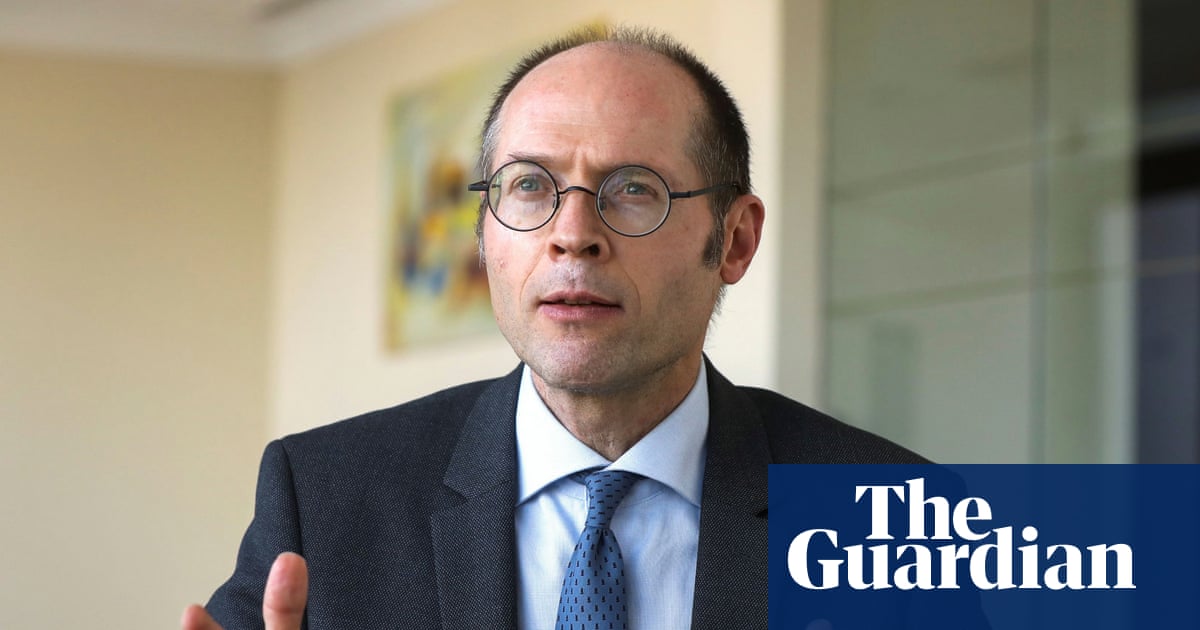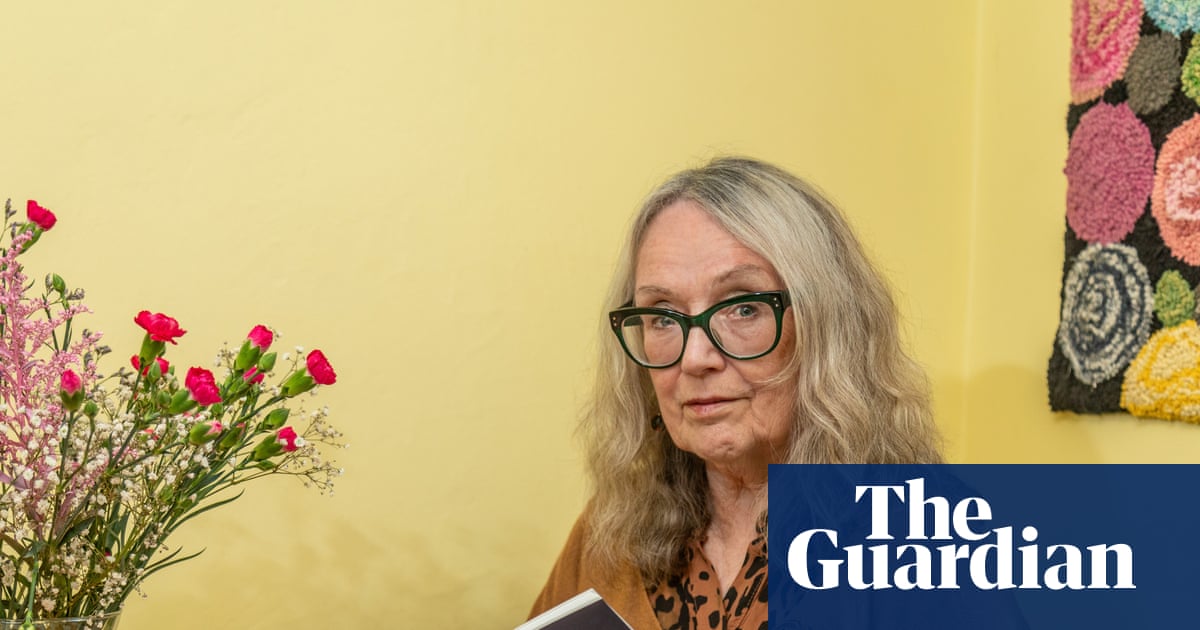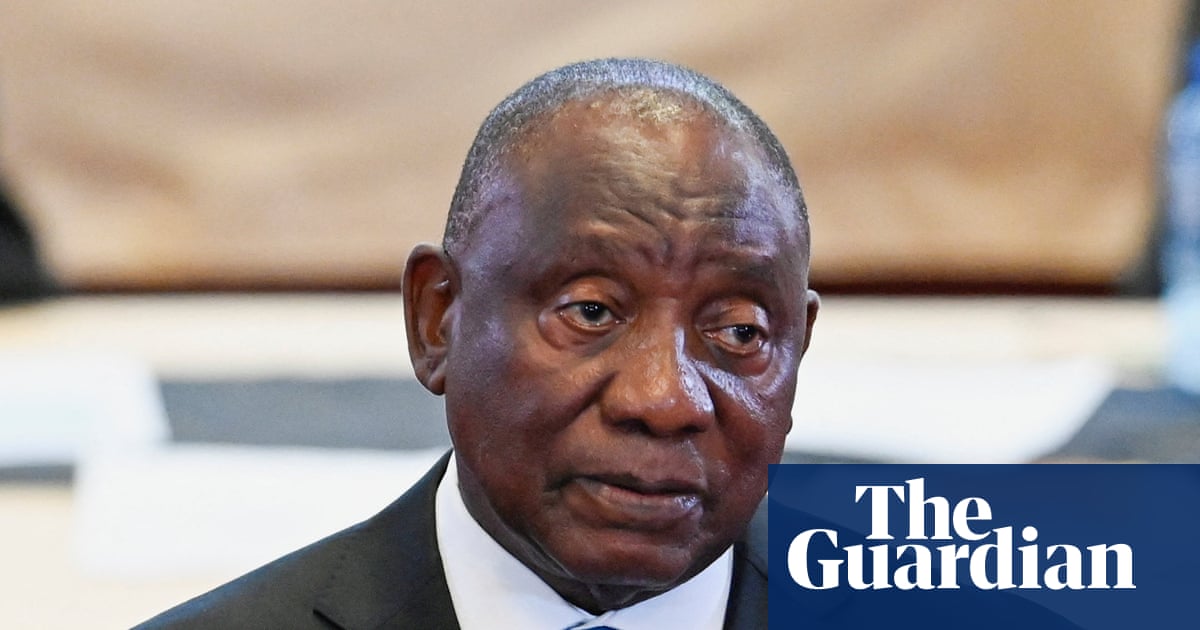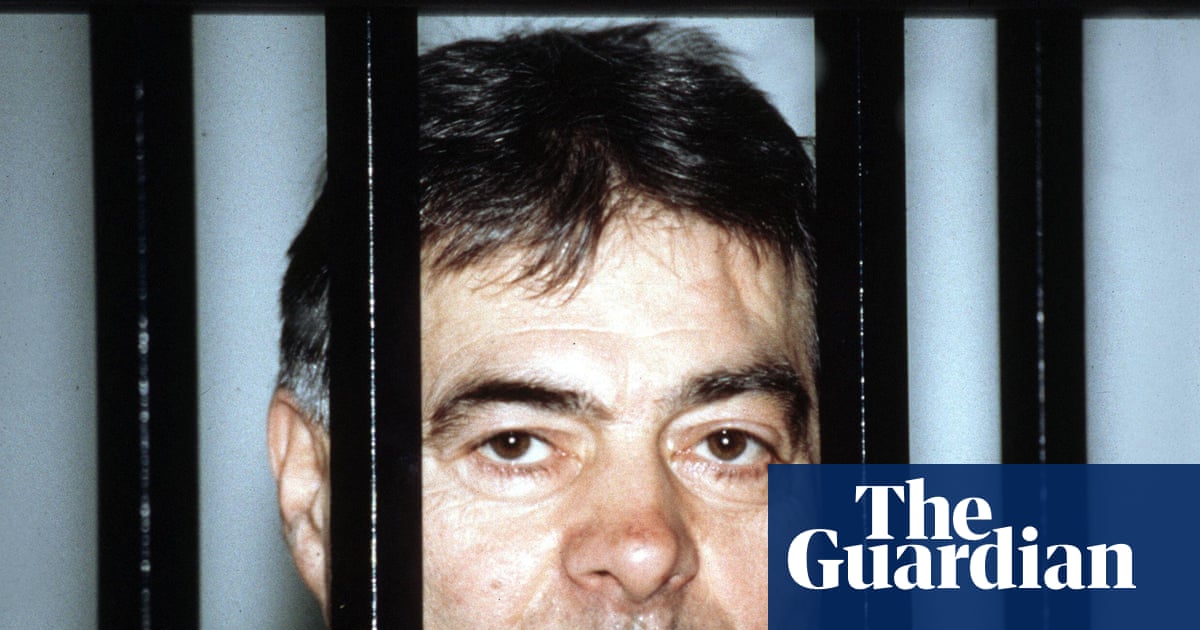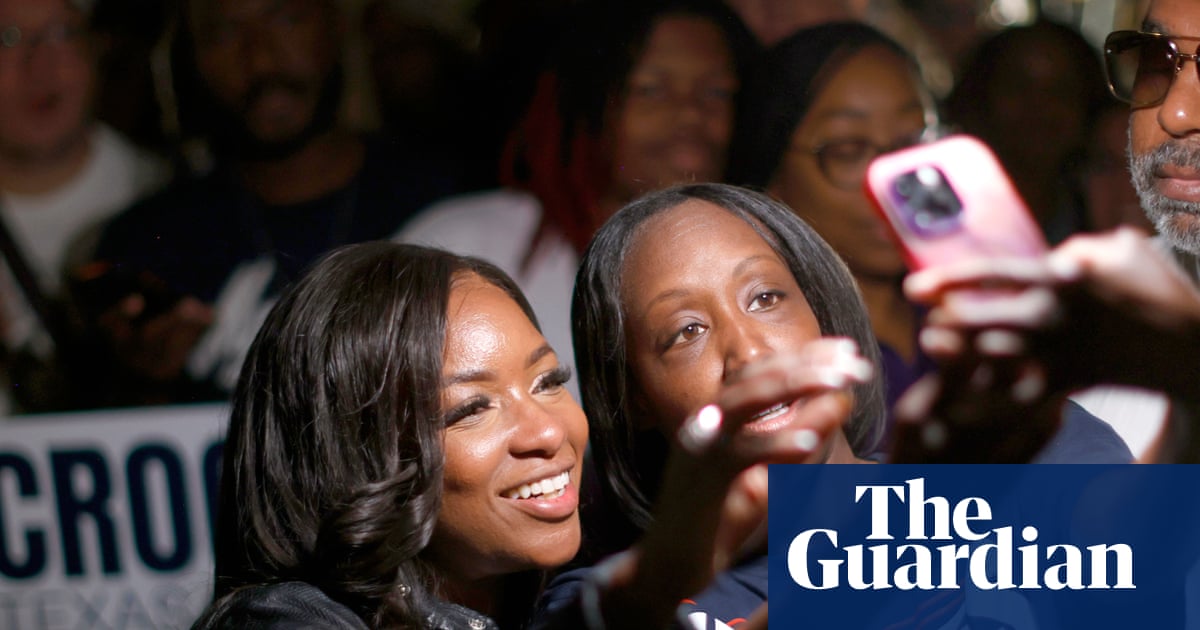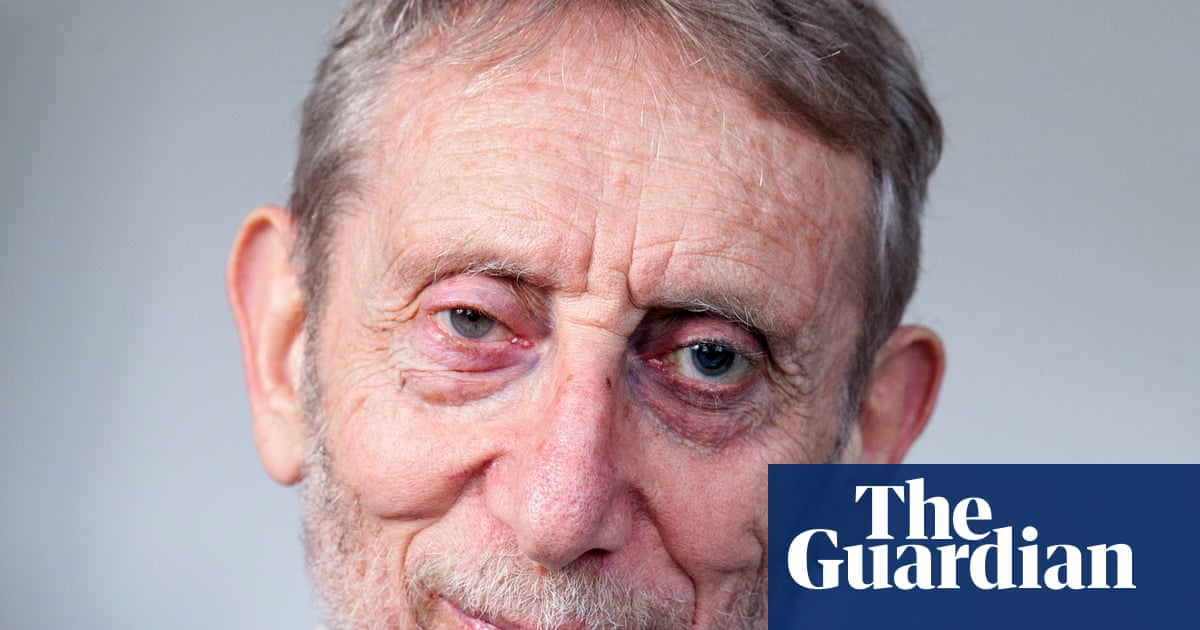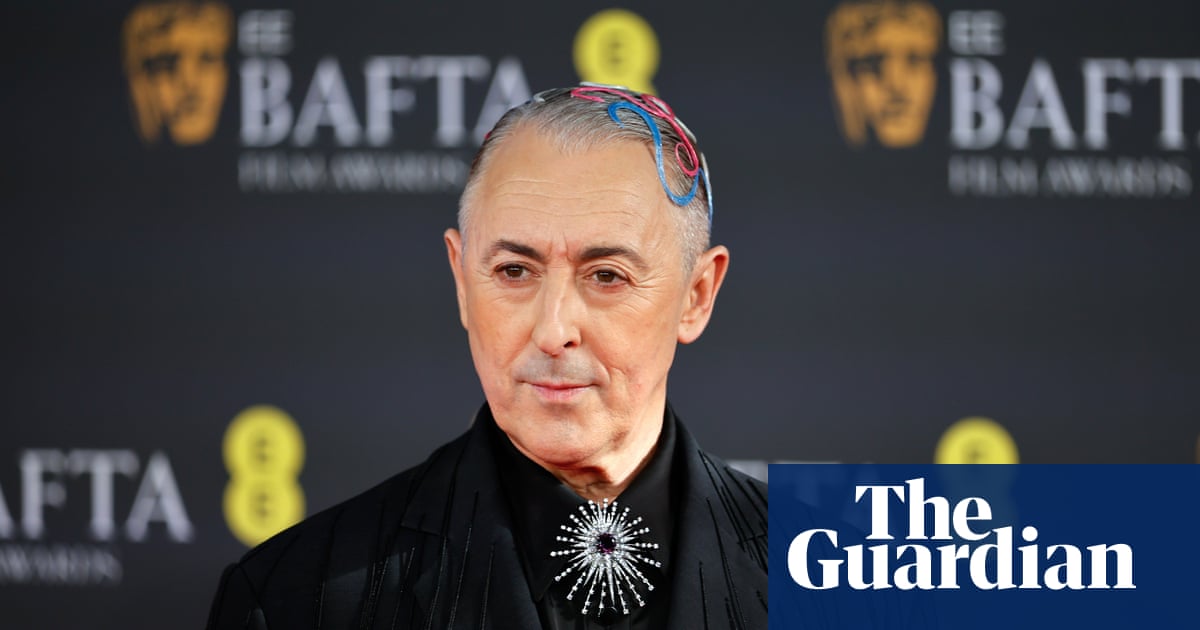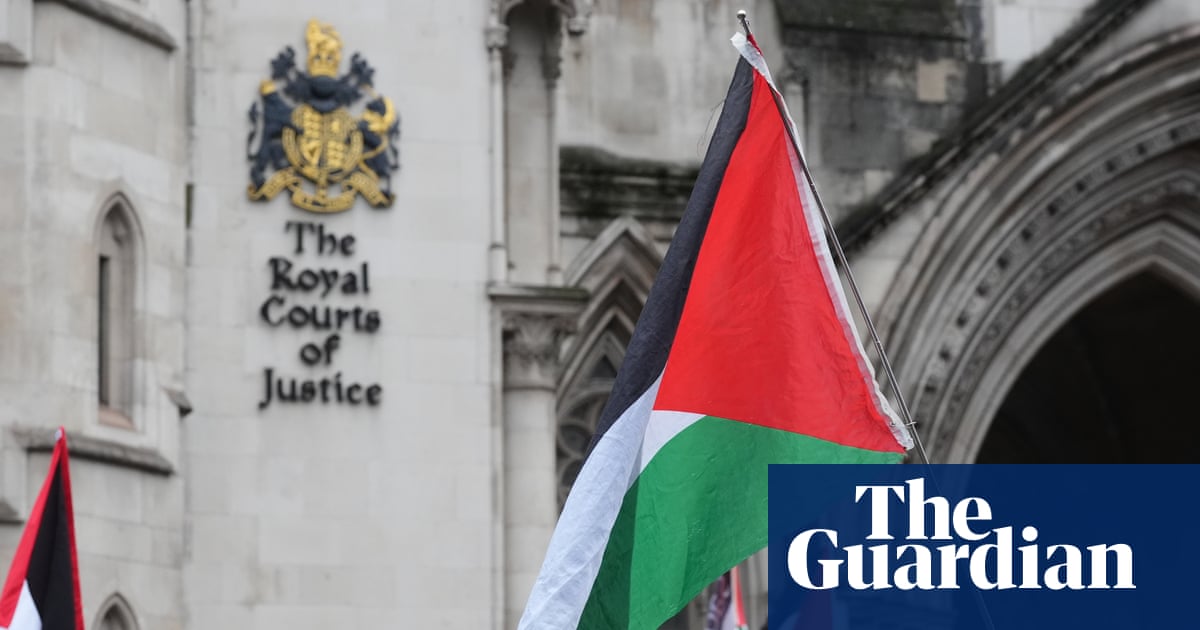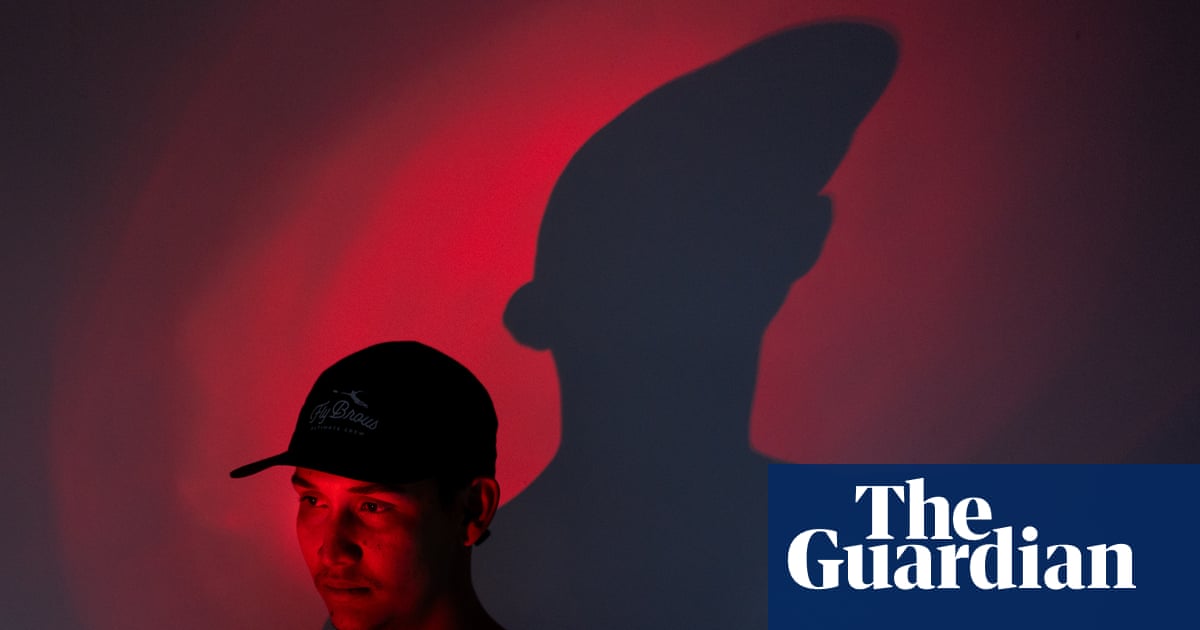The “racial harm” the Metropolitan police inflicts on black people is “institutionally defended”, with its leadership and culture protecting the force from real change, an internal review has found.
The report by Dr Shereen Daniels, published on Friday, draws on internal documents and evidence, with the Met responding by accepting long-standing evidence of racism and discrimination within Britain’s biggest force.
Daniels told the Guardian the review was the first into the Met’s “anti-blackness” to focus on the institution itself rather than an individual scandal and concluded the force’s design “made it inevitable that racial harm keeps reoccurring”.
The report, called 30 Patterns Of Harm, comes two years after the Met was savaged by Louise Casey’s inquiry, which found it to be institutionally racist, a finding the commissioner refused to accept, while accepting systemic failings.
The report says: “Anti-black outcomes in policing are not random. They have been built in. And they have been named, again and again, by families in grief, frontline officers, unions, activists, whistleblowers, campaigners, and formal investigations.”
On the key flashpoint of stop and search it finds the Met causes pain in black communities and says suspicion is the starting point. “The Met doesn’t wait for wrongdoing. It waits for justification,” it says.
Force and coercive tactics are more likely to be used against black people than white people. The report says that “stop and search converts streets into checkpoints” and that the Met treats “blackness itself as probable cause”.
Daniels said of her report: “It examines the institution itself, showing how the Met’s systems, governance, leadership and culture produce racial harm, whilst simultaneously protecting the institution from reform. This is not an account of individual incidents but a diagnosis of the structures that makes racial harm a consistent recurring pattern.”
Daniels said the Met had an “advanced repertoire” to avoid change. Her report is the latest in a long line of inquiries to criticise the Met, and then meet with little or no lasting reforms.
It was in 1999 that the Macpherson report into the failings that left Stephen Lawrence’s racist killers free found that the force was plagued by institutional racism.
In the report, Daniels criticises the Met commissioner, Sir Mark Rowley, for refusing to use the term “institutional racism”, claiming it is political and unclear.
The report says: “This is how clarity is framed as political, and the power to name harm is surrendered to institutional comfort.”
Daniels added: “This entire body of work demonstrates how institutional racism operates in practice. It traces how racial harm becomes built into systems, behaviours and leadership norms that normalise discrimination and protect the organisation from consequence. The question is no longer whether the Met can say the words, but whether it can change the cultural, leadership and operational conditions that make those words true.”
In October revelations emerged of racism and misogyny in the Met after a BBC undercover investigation filmed at Charing Cross station, and officers have already been sacked.
after newsletter promotion
But Daniels told the Guardian the scandal was far from isolated: “Charing Cross is … a product of the Met’s culture itself and the way it is designed.”
Rowley, now three years into his five-year term, in which he has pledged wholesale reform, said: “Dr Daniels’ report is powerful. It calls out that further systemic, structural, cultural change is needed. I asked for a review focused on the Met and black communities which challenges us to go further in becoming an actively anti-racist organisation. London is a unique global city, and the Met will only truly deliver policing by consent when it is inclusive and anti-racist.
“Initiatives like A New Met for London and the London Race Action Plan are helping us make progress. The level of trust in the Met that black Londoners report is improving – by 10% in two years – but still lags behind others.
“Our expectation is that leaders will drive this change with their teams and they will be held accountable. When it comes to any individual discrimination, including racism, our commitment is clear: we are continuing to deliver the largest corruption clear-out in British policing history to remove those who do not belong.”
But the National Black Police Association said the commissioner himself was a block on change: “Only two years ago, Baroness Casey laid out the same pattern of abuse, denial and harm. Yet instead of progress, we have seen the situation grow worse, with trust eroding and confidence among black officers, staff and communities continuing to decline.
“The commissioner has created an echo chamber around himself, surrounded by individuals who reassure him that progress is being made while simultaneously maintaining the very structures that enable institutional racism to persist within the service.”
A spokesperson for the mayor of London, Sadiq Khan, who oversees the Met, said: “It is clear that there are still systematic and cultural issues within the force that have not been tackled.
“The mayor is clear that Sir Mark and his senior leadership need to reframe their approach to accelerate the pace of cultural reform and deliver the necessary structural change across the force.”

 3 months ago
102
3 months ago
102

